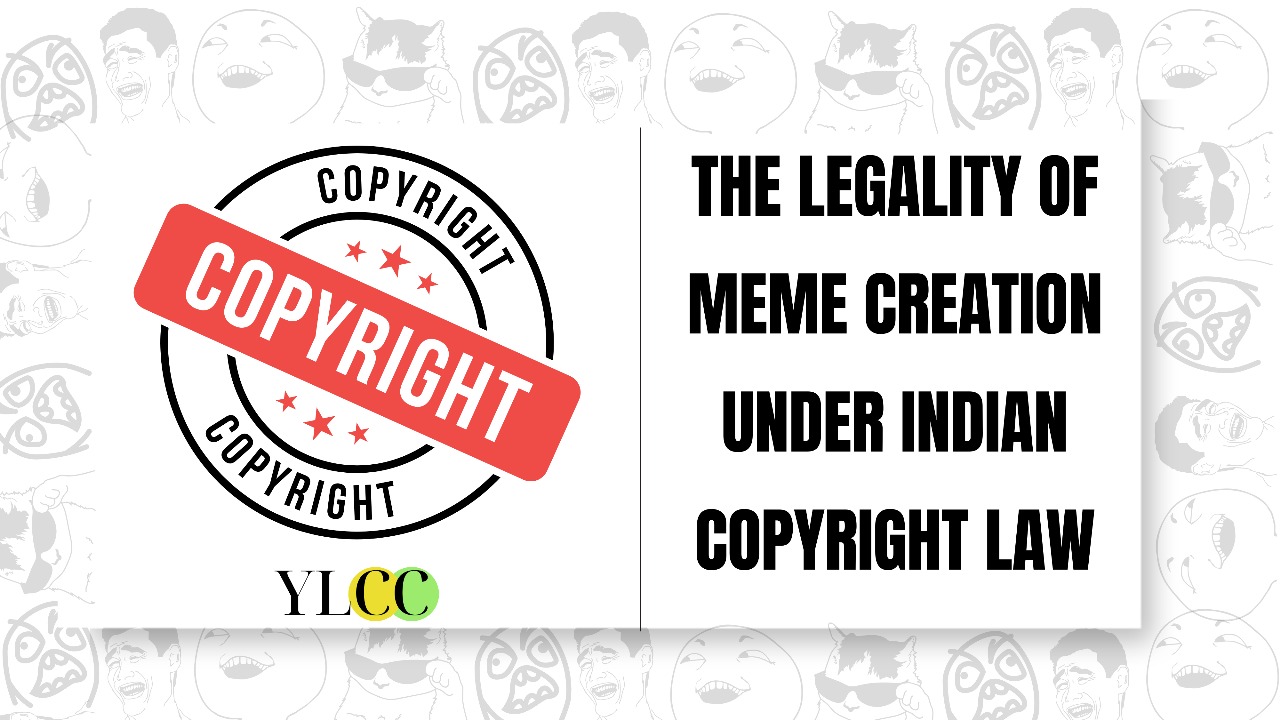
PARTIES
Petitioner– The Chancellor Master and Scholars of the University of Oxford.
Respondent– Rameshwari Photocopy Services
COURT – Delhi High Court.
FACTS –
- In the case of Rameshwari Photocopy Services & Anr (DU photocopy case), the legal spat had begun in August 2012 when the plaintiffs filed a suit at the Court accusing the respondent and the Delhi university of violating their copyrights by distributing the compilations of components of books of their publication within the type of course packs.
- A case was lodged against a photocopy shop and Delhi University by leading publishing houses like Oxford and Cambridge.
- They were accused by the plaintiffs for regularly compiling the information from their books which they have copyrighted and published under their publication houses and for providing it to the students in Delhi University.
- The petitioners were seeking an injunction against photocopying their books as they felt that the respondent’s actions were tantamount to copyright infringement.
- In response, a petition was filed by over 300 authors and academics against the lawsuit wherein the letter mentions-
“As authors and educators, we would like to place on record our distress at this act of the publishers, as we recognize the fact that in a country like India marked by sharp economic inequalities, it is often not possible for every student to obtain a personal copy of a book. In that situation the next best thing would have been for multiple copies of the book to be available in the library so that students are able to access these books without any difficulty. But given the constraints that libraries in India work with, they may only have a single copy of a book and in many instances, none at all.”
ISSUES –
- Whether copyright infringement could be imposed for course pack provided by Rameshwari Photocopy Services?
- Whether the Royalty earned by the authors by the publisher are getting reduced due to the act of Course pack?
ARGUMENTS –
- Dharam Pal Singh, who was the shop owner of Rameshwari Photocopy Services, who was the defendant in this case said, “If a student needs 33 readings for a course like Agrarian Sociology, it could take plenty of months to collect the readings from different books. I make life easier for students through providing them all the relevant material in a compiled course pack”.
- There were a huge number of students supporting the respondent against the case filed by the plaintiffs.
- The plaintiffs filed this case on the premise that allowing Rameshwari Photocopy Services to reproduce pages from the plaintiffs’ publications, and providing those publications to RPS from its library, Delhi School of Economics gave institutional sanction for copyright infringement.
- Case filed by the publication houses was simply to apply their copyrights and prevent its infringement. It was expressed by the litigant that “publishers are not charity houses and ought not to be giving out their works for free” as a large sum is paid to the authors to publish and sell their original work.
- Satish Deshpande who is the author and professor of sociology at Delhi University in his statement said that “Higher education in India will be impossible if we have an over-zealous copyright law.
“It is a low-volume market in terms of sales and a very dynamic one. Buying course material for even a single course or semester is expensive, making an ordinary MA cost several lakhs of rupees.”[1]
- Aditya Nigam who was a fellow of the Centre for the Study of Developing Societies (CSDS) in his statement supported the argument that making bundles of course material available to students is in the interest of publishers, as it allows for a wider dissemination of the literature and may even prompt some students to buy the book. “No author writes to be hidden away in copyright laws.” was another argument.
JUDGEMENT – When the case was filed against the Rameshwari Photocopy services, the lower court had ordered an interim stay in October 2012.
In the consequent appeal, The Chancellor Master and Scholars of the University of Oxford v RPS the honourable high court of Delhi in its final judgement on September 16, 2016 held that few sections of the Copyright act of 1957 does not amount to Copyright Infringement. The court gave this judgement under the observation of Section 52(1)(i) of the Copyright Act is wide enough to include the acts of photocopying and the creation of course packs by University for its students- thereby expanding the scope of the fair use doctrine. “If Delhi University can photocopy, so can it’s agents (Rameshwari photocopy shop) or any other photocopier, whether inside or outside the University.”
[1] https://www.google.com/amp/s/m.thewire.in/article/education/du-photocopy-case/amp
YLCC would like to thank Aarushi Tiwari for her valuable contribution in this article.







